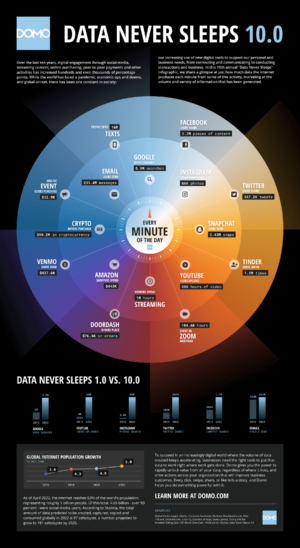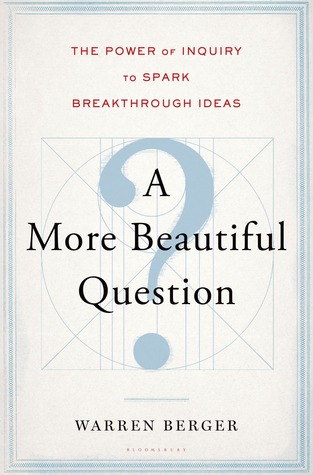As a sports fanatic, I’ve devoured the sports documentaries available in various streaming platforms. Some of those documentaries I’ve gone back and watched it again because the stories are told in a riveting way and have had a huge cultural impact.
Here are the sports documentaries or documentaries based on sport figures that I really enjoyed watching (in no particular order).
Tiger (HBO) – Tiger is a two-part documentary offering a revealing look at the rise, fall, and epic comeback of global icon Tiger Woods.
38 At The Garden (HBO) recognizes a pivotal moment in time for Lin, and celebrates a phenomenon that was bigger than basketball for the world.
Being Serena (HBO) – Being Serena is a documentary series chronicling tennis icon Serena Williams at a pivotal moment in her personal and professional life.
Tony Parker: The Final Shot (Netflix) – This film examines the background and career of Tony Parker, whose determination led him to become arguably the greatest French basketball player.
The Redeem Team (Netflix) – After their shocking performance at the 2004 Olympics, the US men’s basketball team seeks redemption as they pursue Gold at the 2008 Beijing Games.
The Playbook A Coach’s Rules For Life (Netflix) – Coaches with championship résumés share their personal rules for success in sports and life in this reflective and inspiring documentary series.
Untold: Malice at the Palace (Netflix) – Key figures from an infamous 2004 incident between players and fans at an NBA game in Michigan discuss the fight, its fallout and its lasting legacy.
Take the Ball, Pass the Ball (Netflix) – Through firsthand accounts and analysis, this football documentary details the dominance of FC Barcelona from 2008-2012 under manager Pep Guardiola.
Noami Osaka (Netflix) – This intimate series follows Naomi Osaka as she explores her cultural roots and navigates her multifaceted identity as a tennis champ and rising leader.
A Kid from Coney Island (Netflix) – From gifted athlete to professional NBA hooper, Coney Island’s Stephon Marbury navigates the pressures, pitfalls and peaks of his basketball journey.
The Last Dance (Netflix) – This docuseries chronicles the rise of superstar Michael Jordan and the 1990s Chicago Bulls, with unaired footage from an unforgettable 1997-98 season.
I Am Bolt (Prime) – Competing in the 100m and 200m races, Usain Bolt attempts to make history by winning these events for a record third time.





